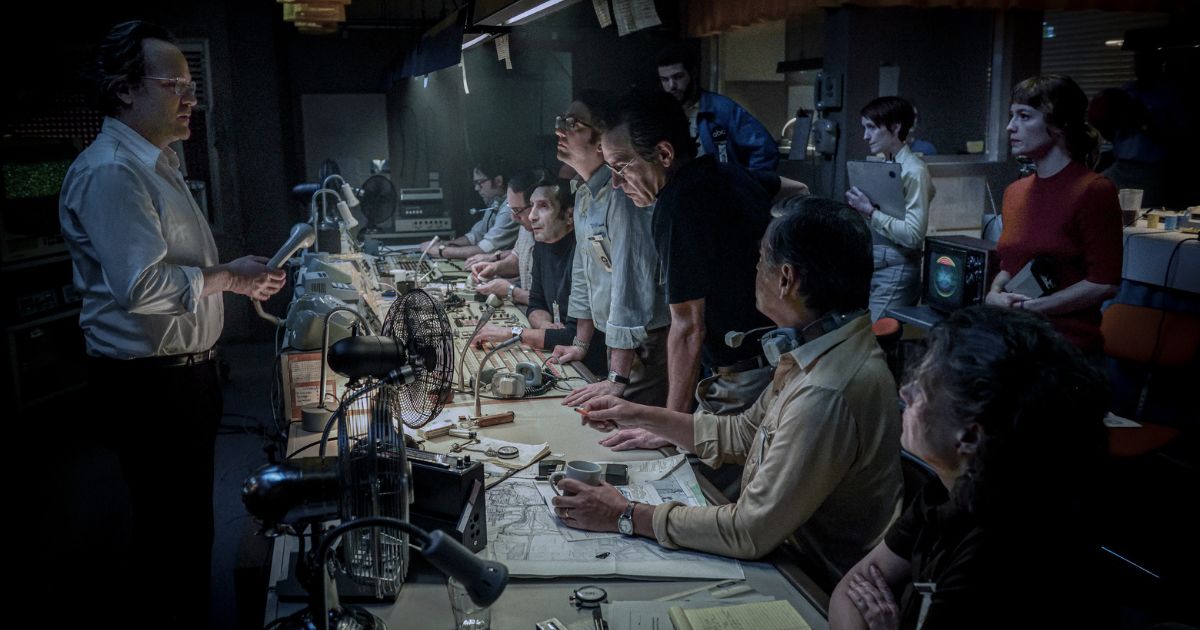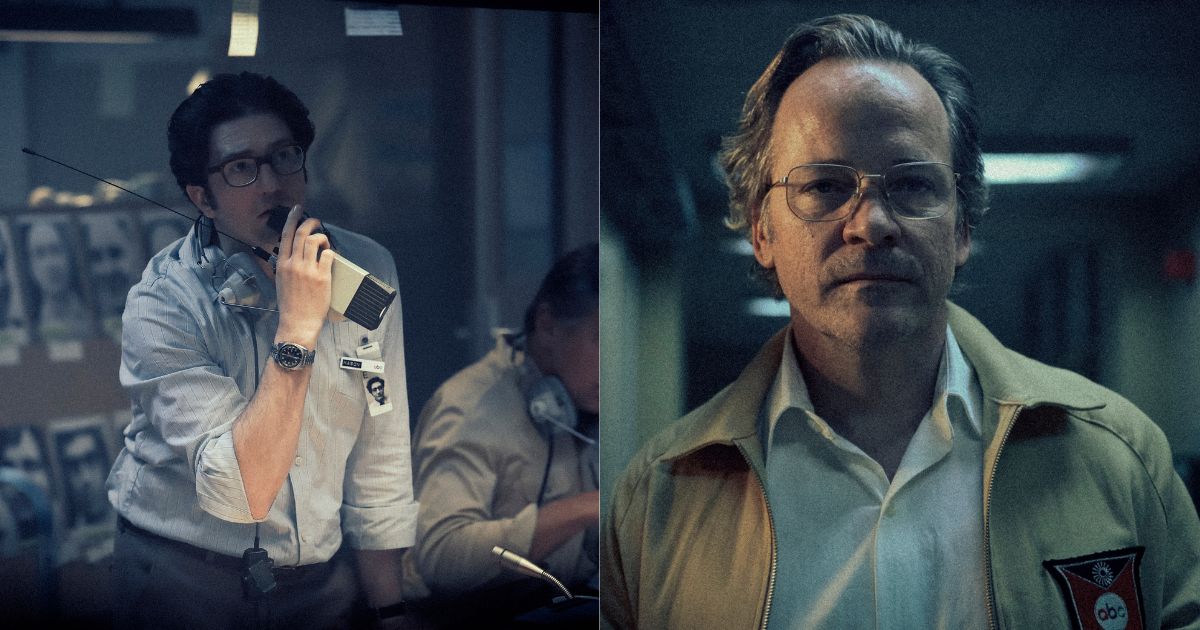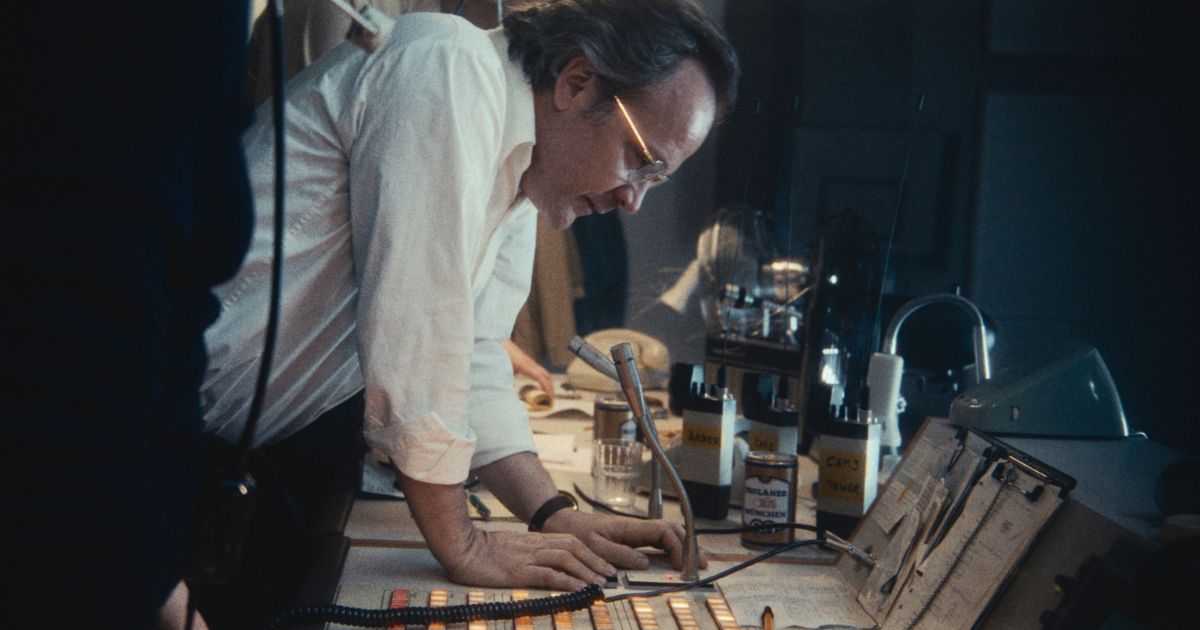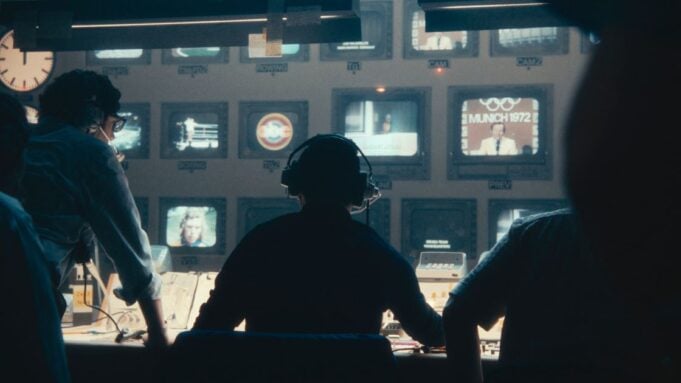In Partnership with Paramount Pictures Australia
In September 1972, people around the world eagerly tuned in to watch the Munich Olympics. At the time, these games were a symbol of hope and optimism, a global celebration that came just a few decades after World War II.
But on September 5th, that hope was overshadowed. The Olympics were thrown into chaos and, for the first time, millions of people watched a tragedy unfold in real-time.
These days, we’re used to seeing major global events (good or bad) play out with rolling news coverage, behind-the-scenes smartphone camera footage, and social media commentary from everyone who was there. But in 1972, this was uncharted territory. News wasn’t 24/7, and most people experienced world events through the lens of carefully curated nightly news. The idea of watching something terrifying unfold in real-time was unimaginable.

This is the story at the heart of “September 5” a new film directed by Tim Fehlbaum, which takes us back to the moment that forever changed how we consume live news.
Based on true events, the historical thriller follows the story of Geoff Mason (played by John Magaro), a producer working at the ABC Sports channel when a group of terrorists invaded the Olympic Village and took members of the Israeli Olympic team hostage in a nearby building. It places viewers at the centre of a drama where every second mattered, where lives were on the line, and where live TV became more important than ever.

In the film, Mason is young, ambitious, and desperate to prove himself in the high-stakes world of live television. His boss, Roone Arledge (Peter Sarsgaard), is a TV executive unafraid to push the boundaries. Together, they find themselves at the centre of a broadcast team that suddenly has to shift from covering gymnastics to the developing hostage crisis.
The story is layered with tension, not just from the situation unfolding in Munich, but from the newsroom challenges of reporting it to an audience glued to their screens, desperate for answers.

The pressure felt by the main characters in “September 5” is truly palpable, further intensified by the broadcast capabilities of the early ‘70s. Every word, every frame, every decision, had consequences and needed to be made against an impossible ticking clock by a team of unprepared sports reporters who had no experience with crisis reporting.
Perhaps what makes the film most exciting to see on the big screen is the historical accuracy and attention to detail. To make it as close to the real-life event as possible, Fehlbaum filled the set with vintage, working technology and even included original ABC Sports footage and images to add to its realism.

The film also brings to life the moral struggles faced by the team, led by Mason, his mentor Marvin Bader (Ben Chaplin) and German interpreter Marianne (Leonie Benesch), as they try to do the right thing. It’s impossible to watch without reflecting on how much live news has changed since that day in 1972, and how much it hasn’t.
The questions the film raises about the responsibility of media still feel relevant in today’s age of instant information and viral content. Where is the line between informing and exploiting? How do we balance the public’s right to know with the need for compassion and dignity in the face of tragedy?
Check out the trailer for “September 5” here and see it in cinemas from February 6th.
Tickets on sale now at https://www.september5movie.com.au/































